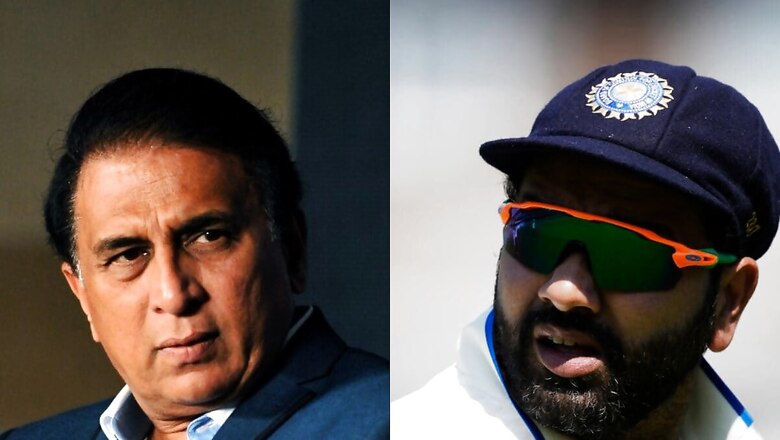
views
There were plenty of debatable decisions that Indian team took in the lead up and during the final of the ICC World Test Championship which they went on to lose by a massive margin to Australia. That loss extended India’s wait for a first ICC trophy since 2013.
There were speculations that the a number of senior members of the Test squad could be shown the door but Cheteshwar Pujara was the only high profile player who was snubbed from the squad for the West Indies tour.
Sunil Gavaskar was highly critical of Pujara being made the ‘scapegoat’ while other underperformers held onto their places for the two-match series scheduled for July.
Gavaskar has also claimed that there’s no accountability on the part of Indian captain and it’s a practice that has been ongoing for over a decade now.
“I want to ask is there no accountability? Did you held a meeting after the WTC final where you would have discussed the appointment of a captain?” Gavaskar said on Sports Tak.
He continued, “In our days, there used to be a selection meeting where captain was appointed and then two days later, he was asked to join selection meeting. Captain didn’t have voting right, he was a co-opted member, can ask if he needs bowler, spinner, extra batter.”
Gavaskar said had there been a chief of selector with some standing, tough questions would have been asked from India Test captain Rohit Sharma including the decision to drop Ravichandran Ashwin.
“But this hasn’t been happening in our cricket for the past 10-12 years. A captain once appointed, isn’t changed no matter if they continue losing series after series. As long as individual performance is good, captaincy remains. If there was a strong selector, he would have asked questions regarding why Ashwin wasn’t selected, why the chose to field first, why there was a delay in using short ball tactic against Travis Head. These questions are necessary. You can keep them as captain even after that but the accountability must be there,” Gavaskar added.



















Comments
0 comment